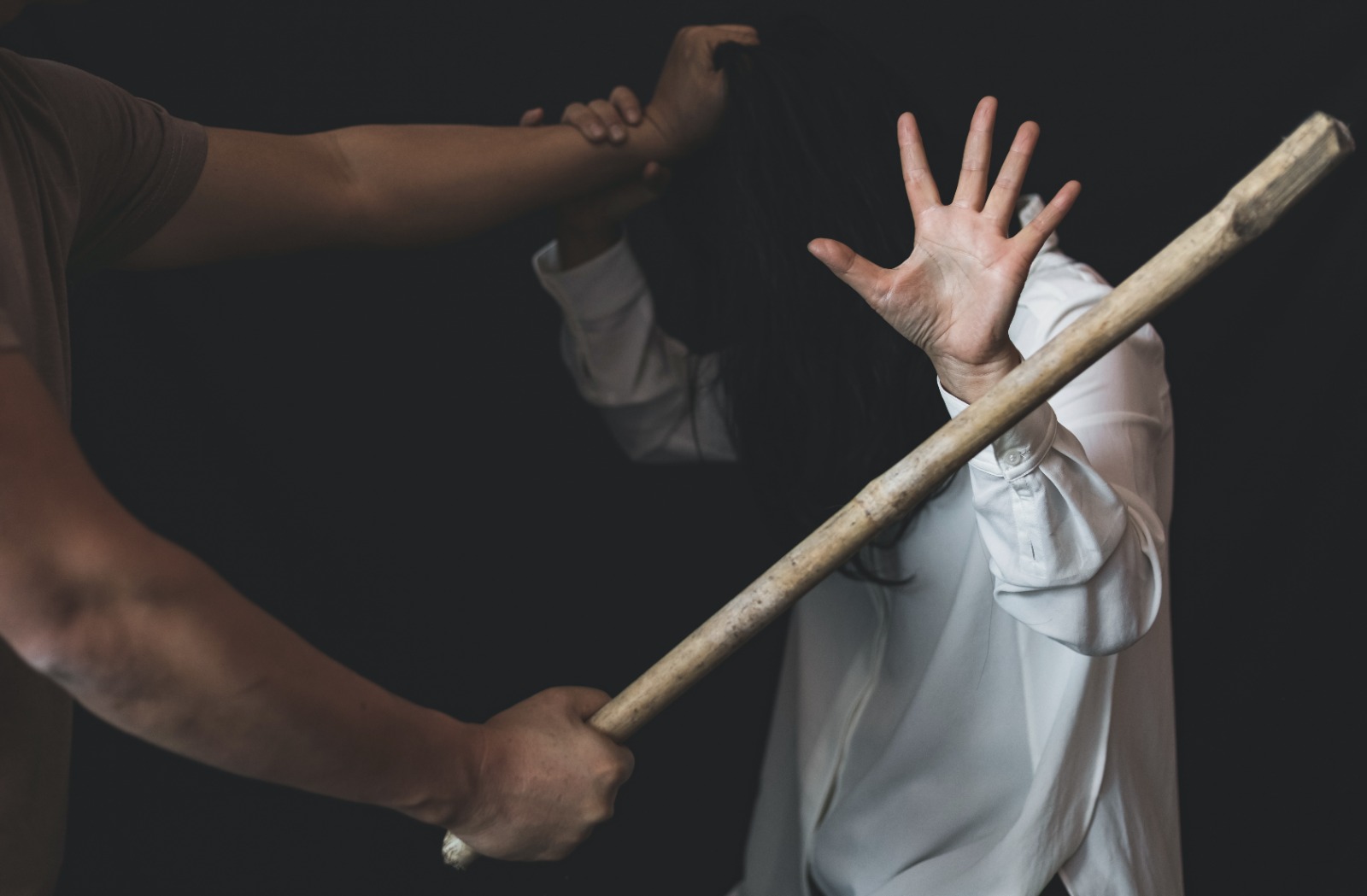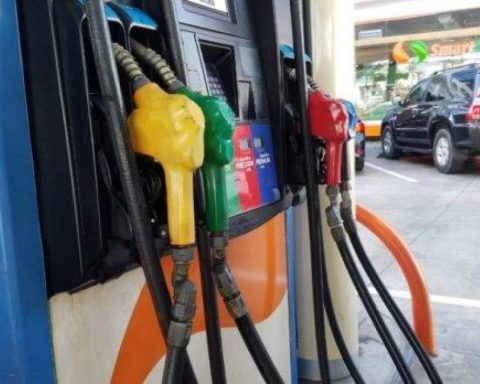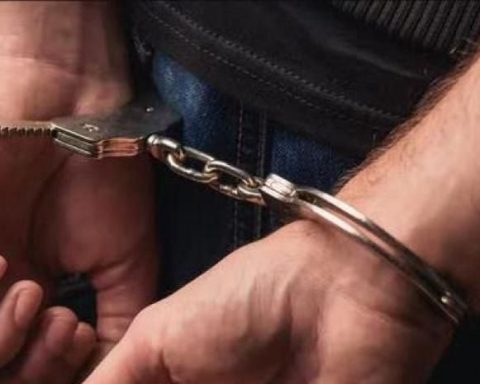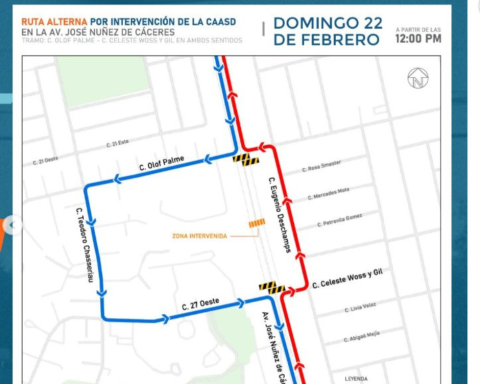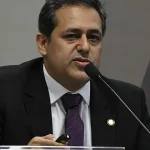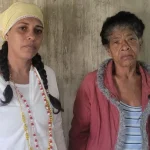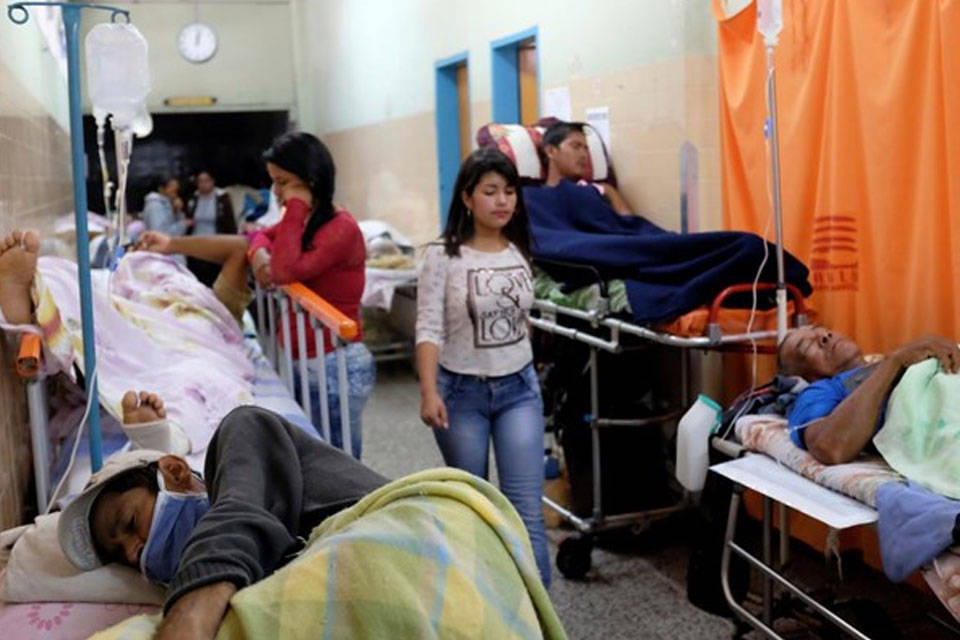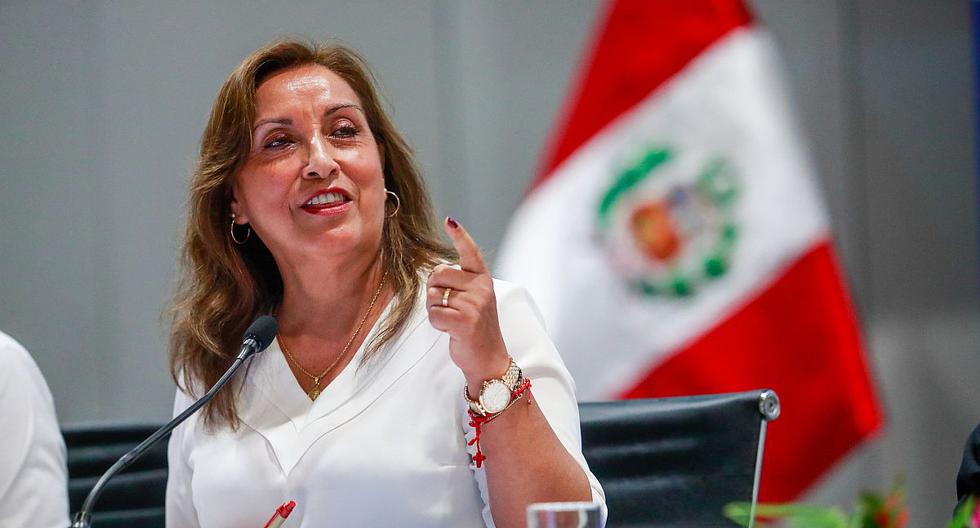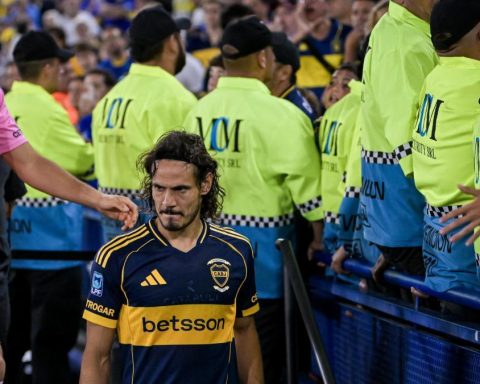Organizations that protect the rights of children have shown how child abuse can leave traces on children permanently. This type of mistreatment It can be physical and psychological.
In the Dominican Republic, 64 percent of boys and girls between the ages of one and 14 have experienced violent discipline, figures reported by the National Household Survey of the National Statistics Office with support from UNICEF.
While 67 percent of Dominican households use physical or psychological punishment to discipline their sons and daughters.
Likewise, in Latin America and the Caribbean, two out of three girls and boys, between two and four years old, regularly experience some type of violent discipline (psychological aggression or corporal punishment) at home, and five percent of five-year-olds They are victims of physical punishment.
Likewise, 80,000 children and adolescents die every year from abuse by their parents in the Region.
The National Council for Children and Adolescents (Conani) in charge of enforcing the rights of children in the country explains in an official document that child abuse, especially physical abuse, is a socially justified form of violence. Therefore, it is frequently practiced in homes with the aim of correcting, controlling or changing the behavior of minors.
In the same order, psychological abuse is increasingly presented as rejection behavior, where it humiliates, terrifies, intimidates and threatens. Criticism and comparison of children with others causes them to isolate themselves and prevent them from establishing social relationships with others.
Regarding the consequence, the regulatory institution stated that these actions can be developed in the short and long term, where many adults spend their entire lives suffering the effects of abuse in their childhood.
In children the consequences can be serious, and these range from damaging their self-esteem, the feeling of worthlessness and negative expectations regarding themselves, to interfering with their learning processes and the development of their intelligence, their senses and their emotions.
Another of those heartbreaking consequences is learning not to reason, to feel anger and want to get away from home. They may also suffer accidental physical harm from the abuser.
For the UNICEF Abuse is a cause of stress, which in turn is associated with alterations in early brain development. Therefore, in adults who have suffered abuse in their childhood, these consequences translate into acts of violence (as perpetrator or as a victim), depression, smoking, obesity, high-risk sexual behaviors, harmful consumption of alcohol and drugs, among others. .
Children and adolescents throughout the Dominican territory have the right to survival, to be educated based on respect and tolerance. At the same time, they have the right to receive good treatment that favors the full development of their capacities, respecting their physical, mental and emotional integrity.
However, different cases of violent discipline occur in a row, such as that of a girl in San Cristóbal, who was tied up on January 18 for the whole day, in the bushes, by her sister. As observed in the audiovisual taken by neighbors and being a trend on social networks, her sister while dragging her by the chain, between stones and garbage, is heard saying that it is a discipline of her parents and that it has not been the first time, while the girl of no more than 11 years old shows her pain and impotence before the act.
Another similar case occurred in Nagua, when a student was aggressively taken from her school by her father, who took her without shoes and with her blouse almost removed and a symbolic outfit in the colors of the Dominican flag. The father’s reaction, because her daughter was going to participate in a dance act about the Dominican homeland.
As a prevention of these abuses, Conani has a National campaign to promote Positive Parenting in which it invites to rethink and assume effective models of home formation; and encourages to know, understand, analyze and value the importance of using forms of discipline that are based on respect for rights, dialogue and mutual respect, to contribute to generating a change in Dominican culture.
In another order of things, currently in the Dominican legislation an exception is being debated in the draft of the Penal Code, in which it is intended that physical violence be considered as punishment.

However, this part of the Penal Code has been discussed in different settings, in one of them the UNICEF representative in the country said that the code should protect children against violent discipline. She also explained that violence does not educate, does not help, nor should it be tolerated.
Likewise, First Lady Raquel Arbaje referred to the issue, warning that violent discipline in the Penal Code project is a setback in the protection of the rights of children and adolescents.
In 2021, that part of the Code article was withdrawn by the Commission that submitted the project.
However, last February, the Dominican Senate approved the piece of the Penal Code maintaining the exception established in paragraph two, in its article 123 that the correction and discipline of children is not considered violence.
“Intrafamily violence will not be considered the correction and discipline of children, exercised by parents or guardians, without a pattern of violence or physical abuse,” the exception cites.
It was sent to the lower house where its approval is awaited.
